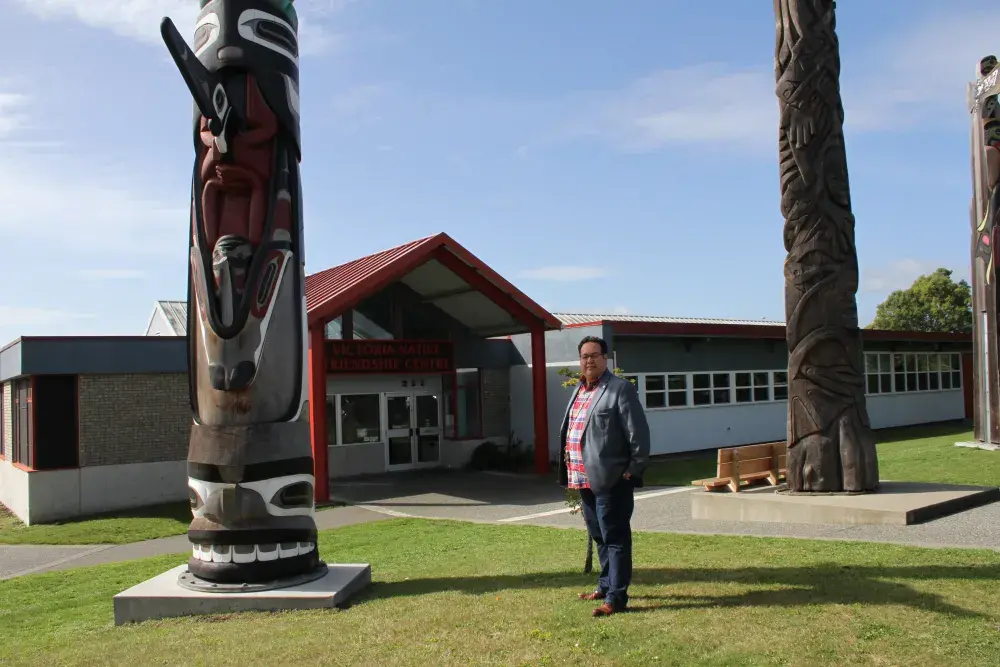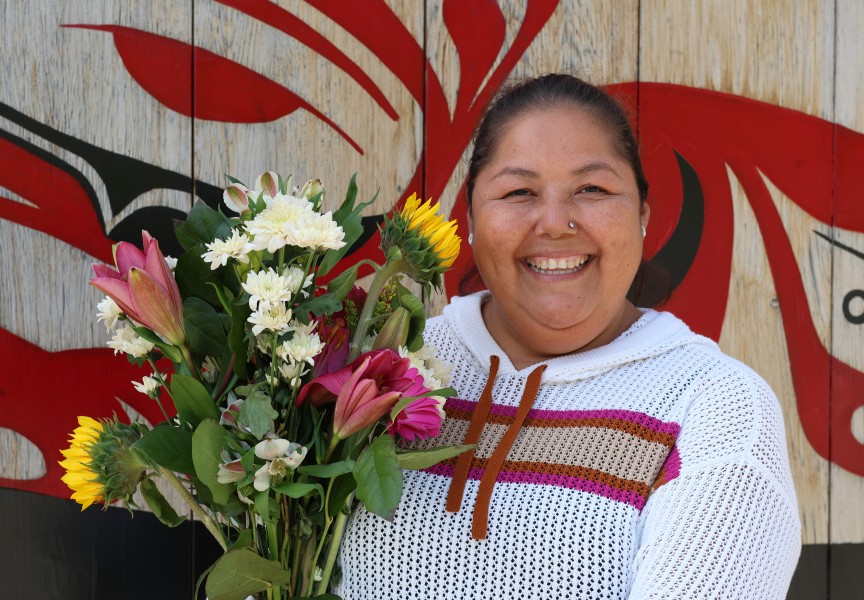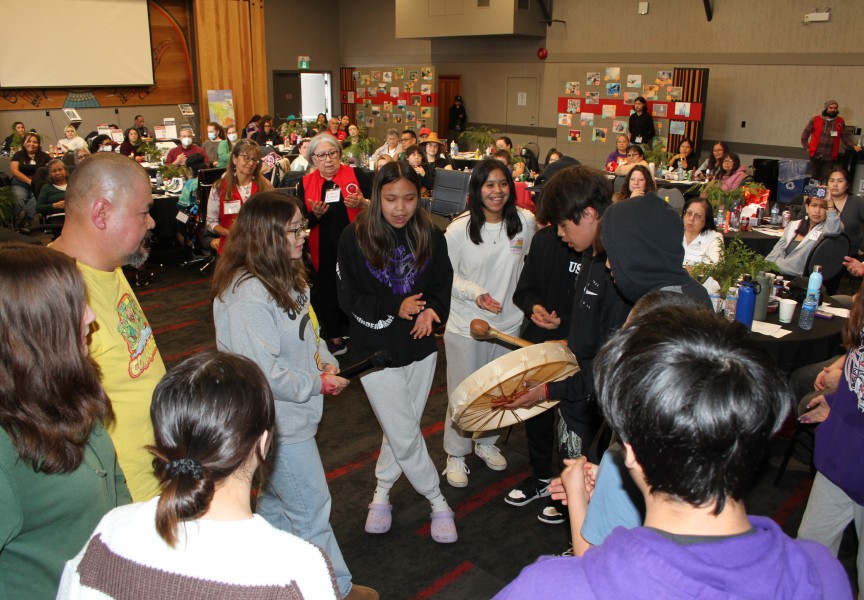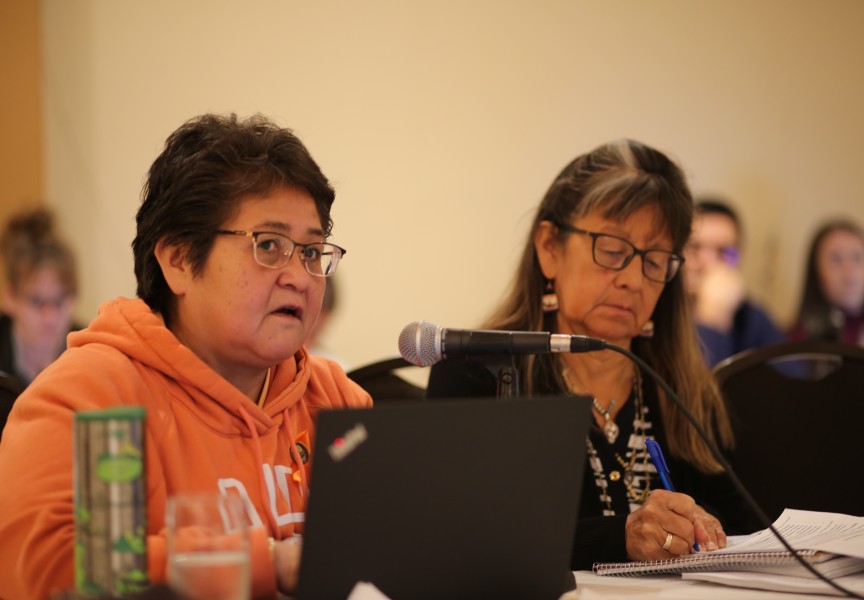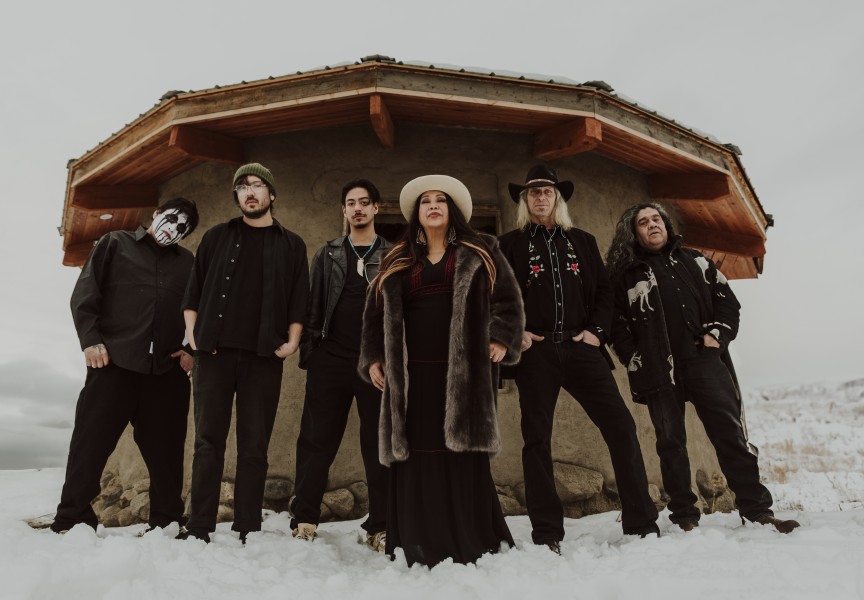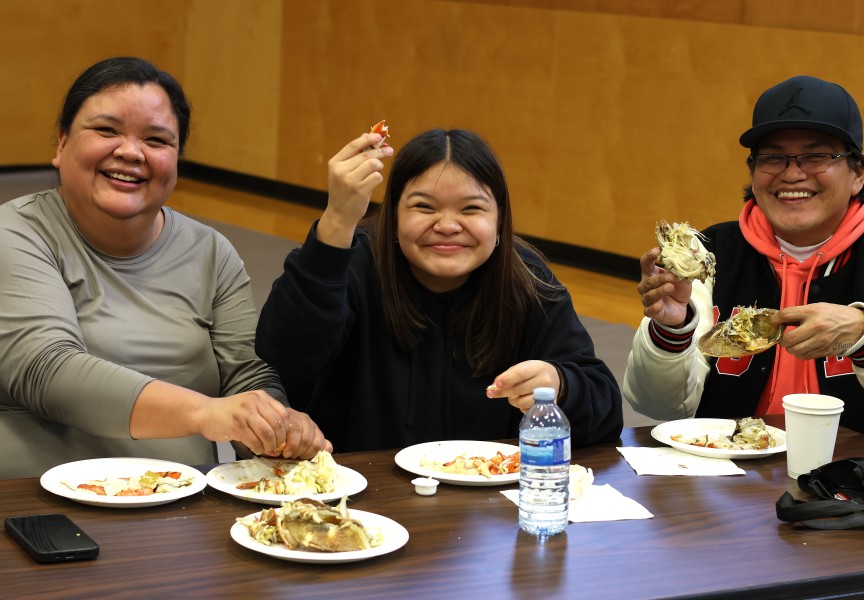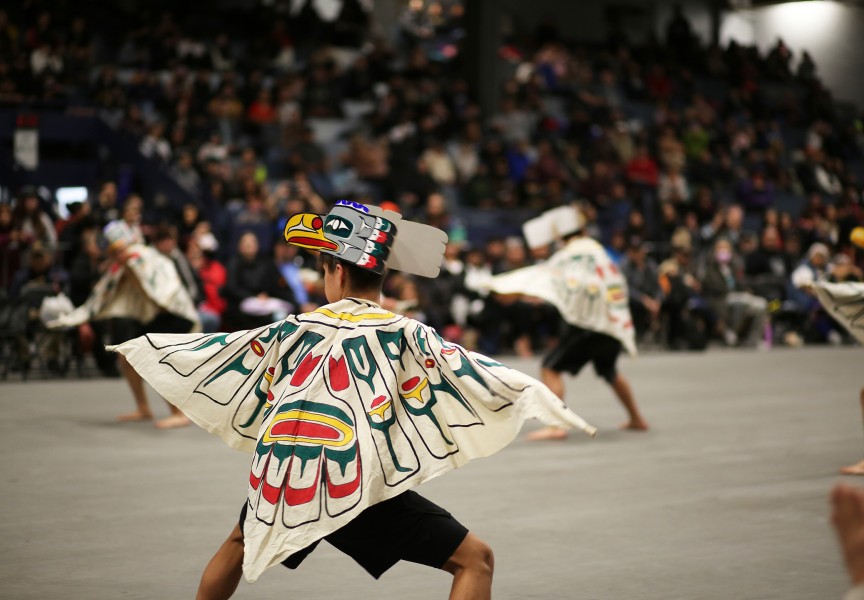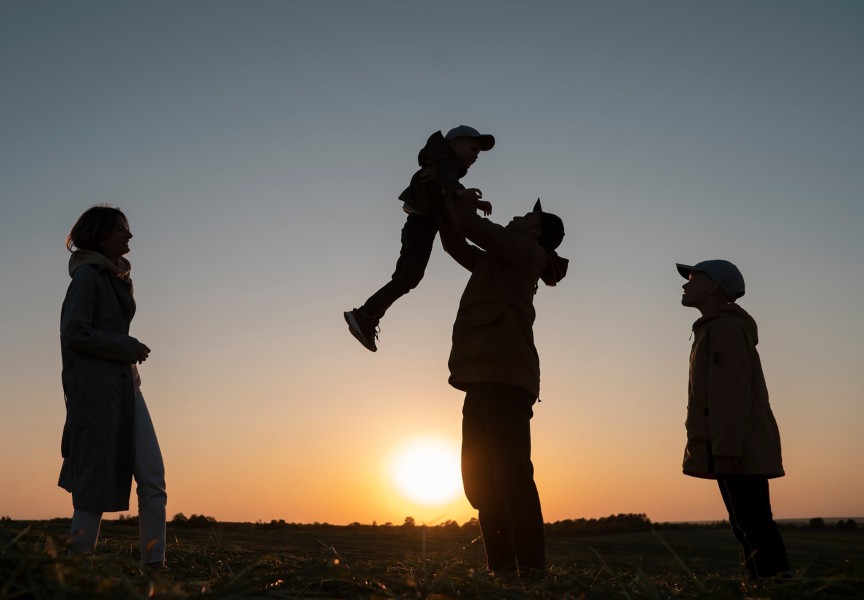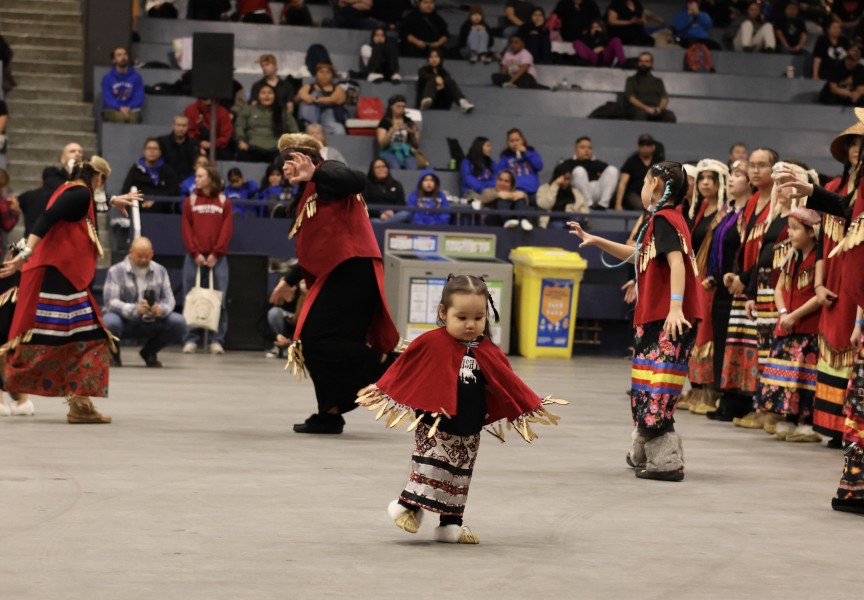Changes to federal funding distribution for language revitalization programs has raised concern for the survival of programming at the Victoria Native Friendship Centre (VNFC).
The VNFC offers language classes to meet the needs of its diverse Indigenous community, including Nuučaan̓uɫ, Nihiyaw (Cree - Y dialect and TH dialect), Nedut’en Carrier, Dene, Dakota, and Anishinaabe.
“Since 2018, the Indigenous Language Hub has had over 2,000 participants and produced many language resources while supporting both speakers and new learners in revitalizing their languages,” said a VNFC press release dated Feb. 5.
But a major source of their funding comes from Canadian Heritage, who, in January 2024, announced that they would not be funding VNFC language programs.
The press release goes on to say that funding approval for Indigenous languages will now flow through the Office of the Commissioner of Indigenous Languages, which has no language plan for Urban Indigenous people, and a limited funding model for multi-language programs.
In 2018 the Canadian Government had committed to fully implementing the Indigenous Languages Act in order to preserve, promote and revitalize Aboriginal dialects in Canada, with long-term predictable and sufficient funding to support the implementation of the legislation.
Budget 2019 provided $333.7 million over five years and $115.7 million ongoing annually to support the reclamation, revitalization, maintenance, and strengthening of Indigenous languages and the implementation of the act.
But, according to VNFC Executive Director Ron Rice, Wush’q, "The loss of this contract is in stark contrast to recent government statements and promises around reconciliation.”
“Urban Indigenous people have not been included or considered in language revitalization, despite being the majority of the Indigenous population in B.C.,” Rice stated. “One third of existing Indigenous languages are found in B.C. The disparity between on-reserve funding, and the funding that serves the majority of our Indigenous community here is immense.”
In a statement made in the House of Commons on Jan. 30, Courtenay-Alberni MP Gord Johns noted that the Nuu-chah-nulth people have suffered enormous loss throughout their 200-year history of colonization.
“Not the least of which has been the devastating loss of language and culture,” he said.
Johns praised Nuu-chah-nulth elders, educators and learners, who he said are making tremendous progress towards revitalizing their Indigenous language, in spite of the uncertainty of federal funding from one year to the next.
“Now their language program funding may be cut by up to 57 per cent because of a newly proposed federal heritage funding formula. The formula fails to recognize that British Columbia has the highest concentration of Indigenous language and cultural diversity of any province or territory in the country, with 35 distinct languages and more than 90 dialects,” said Johns in his statement.
He reminded the House that language revitalization is essential to reconciliation and requires “fair, predictable, sustained and long-term funding.”
The VNFC are appealing to the province, Heritage Canada, and the Office of the Commissioner of Indigenous Languages to provide support for the VNFC Urban Indigenous Language Hub, in alignment with the Truth and Reconciliation Commission of Canada’s Calls to Action.
“Our Indigenous communities lose fluent speakers each year, and funding delays and changes actively undermine language revitalization efforts,” said Rice.
The Victoria Native Friendship Centre is a charitable non-profit Indigenous-led organization mandated to promote the well-being of urban Aboriginal people by strengthening individuals, families, and community for over 52 years.

